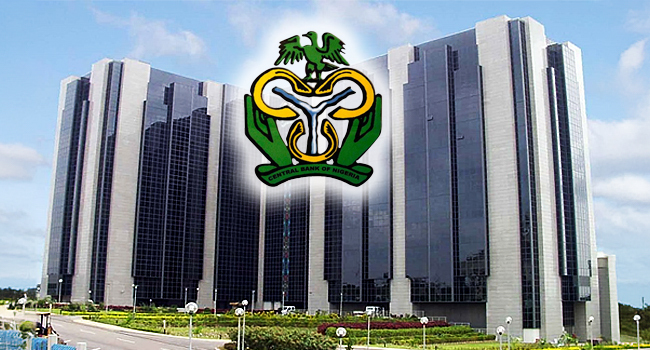The Central Bank of Nigeria (CBN) has announced the reintroduction of several key economic reports, marking a significant step towards enhancing transparency and accountability in Nigeria’s economic landscape.
This move underscores the CBN’s ongoing commitment to providing stakeholders with timely and reliable data, which is essential for informed decision-making and fostering economic growth.
In a statement released on Tuesday, Hakama Ali, the Acting Director of Corporate Communications at the CBN, highlighted the importance of these reports, which include the Purchasing Managers’ Index (PMI), Business Expectation Survey (BES), Inflation Expectation Report, and other critical macroeconomic indicators.
According to Ali, the reinstatement of these reports is a vital part of the CBN’s broader data enhancement initiative, aimed at ensuring that the public, policymakers, and business community have easy access to essential economic information.
The Purchasing Managers’ Index (PMI) is a widely recognized economic indicator that provides insights into the health of the manufacturing, services, and agricultural sectors. It is a crucial tool for assessing the overall economic climate in Nigeria, helping stakeholders understand the current state and future outlook of these key sectors. Alongside the PMI,
The Business Expectation Survey (BES) and the Inflation Expectation Report offer valuable insights into the perceptions and expectations within the business and household sectors. These reports are instrumental in gauging the confidence levels and future outlooks of businesses and consumers, providing a more comprehensive picture of the economic environment.
 Ali emphasized that the reintroduction of these reports is part of the CBN’s ongoing efforts to promote transparency and accountability in the Nigerian economy. By making this data readily available, the CBN aims to support informed decision-making among policymakers, investors, and the broader public,
Ali emphasized that the reintroduction of these reports is part of the CBN’s ongoing efforts to promote transparency and accountability in the Nigerian economy. By making this data readily available, the CBN aims to support informed decision-making among policymakers, investors, and the broader public,
Ultimately contributing to more robust economic growth. The periodic release of these reports on the CBN’s official website (www.cbn.gov.ng) will ensure that they are easily accessible to all interested parties, further fostering an inclusive economic discourse.
The CBN encourages economists, analysts, investors, media professionals, and the general public to utilize these reports to gain a deeper understanding of Nigeria’s economic dynamics. By engaging with this data, stakeholders can contribute to a more informed and constructive dialogue about the country’s economic challenges and opportunities.
Overall, the reintroduction of these key economic reports by the CBN represents a positive development for the Nigerian economy. It signals a renewed focus on transparency, accountability, and data-driven decision-making, all of which are essential for fostering sustainable economic growth and development in Nigeria.




